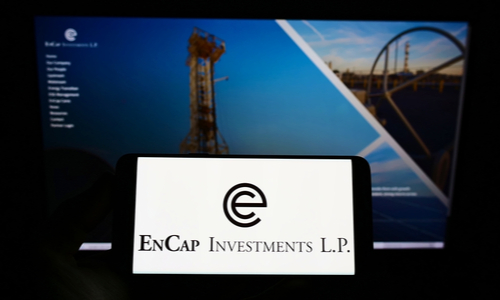The US Federal Trade Commission on Friday said it would require EnCap Investments to sell EP Energy’s entire Utah oil business to resolve allegations its planned merger would lead to higher prices.
Reuters had previously reported that EP was exploring a sale of oil-producing acreage in Utah in hopes of averting an FTC challenge to its agreed $1.5 billion takeover by private equity firm EnCap.
The FTC said the deal without the sale of the assets in Utah would have left just three significant producers that sell Uinta Basin crude oil to refiners in Salt Lake City, and led to higher prices for consumers.
“Without this divestiture, Salt Lake City refiners would likely have faced increased prices for Uinta Basin crude oil, whether from EnCap alone, or as part of a small group – and would likely try to pass on those costs to consumers,” said Bureau of Competition Director Holly Vedova.
Under EnCap’s agreement with the FTC, it will sell EP’s assets in Utah to Crescent Energy Company, which will be a new competitor in the Uinta Basin, the FTC said. That deal was announced in February.
EnCap Energy Capital Fund XI, L.P. operates multiple portfolio companies involved in the energy sector, particularly dealing with oil and gas operations that include exploration, processing, and distribution. EP Energy Corp., also headquartered in Texas, has oil and natural gas production operations in the Uinta Basin in Utah and in the Eagle Ford Shale in Texas.
The FTC has rarely opposed oil and gas producer mergers, with the last challenge more than 20 years ago. It took the view that energy prices are driven by supply and demand worldwide rather than regional consolidation. Its opposition to EP Energy’s sale marks a potential change in stance.
Want more news? Subscribe to CPI’s free daily newsletter for more headlines and updates on antitrust developments around the world.

